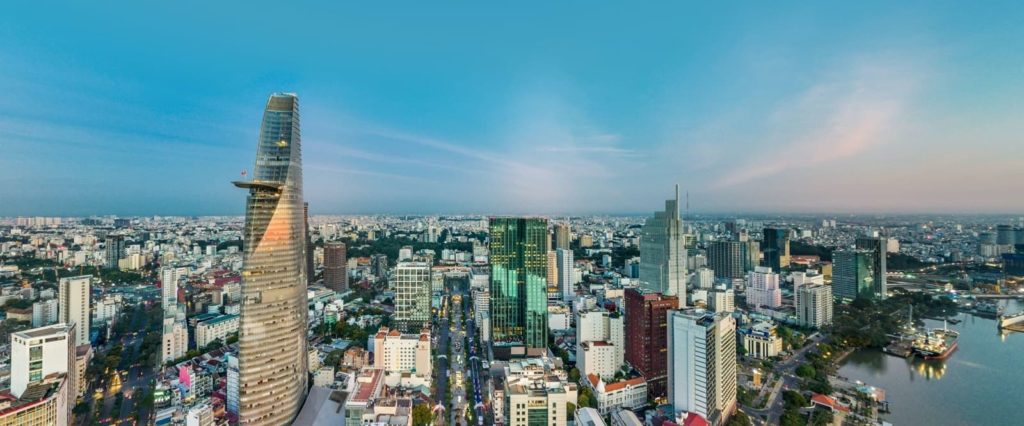Welcome to the latest edition of our regular legal update from the A&P Vietnam office.
This week, we highlight new regulations on labour and remuneration, changes to the recording and storage of information for transport operations, and new rules on performing obligations under the Civil Code.
To learn more about one of these changes, just contact our office for more information.
New Regulations on Labour and Remuneration

The Ministry of Labour, Invalids and Social Affairs (“MOLISA”) published a new Decision last month on labour and remuneration. Decision No. 338/QD-LDDTBXH – issued on 17 March and taking immediate effect – amends, supplements, and removes some previous administrative procedures.
One of the most significant changes in Decision 338 is the establishment of a new Collective Bargaining Council, which has now appointed a Chair. The regulation has also amended the registration procedure for internal labour rules. Under the previous Decision (Decision No. 636/QD-LDTBXH), enterprises were required to submit documents related to labour discipline and material liabilities; however this is now optional.
Decision 338 has also removed the requirement for enterprises to send their collective labour agreements to the provincial-level state administrative labour bodies within 10 days.
Changes to How Transport Operations Record and Store Data

Last week, a new Circular from the Ministry of Transport (“MOT”) entered into force concerning the organization and management of auto-transport operations and support services for road transport. Circular No. 02/2021/TT-BGTVT (“Circular 02”), which came into effect on 25 March, requires transport business agencies to install cameras in their cars.
However, agencies will no longer be required to include the camera’s goods label, nor will the cameras be required to record and save video data when there is no power. Instead, this data must be transferred to the transport business agencies and to the server of the Directorate for Roads. This data must not be deleted for at least 24 hours for nine-seat vehicles operating at distances of up to 500 km; and 72 hours for those operating at distances of more than 500 km.
New Rules on Performing Obligations under the Civil Code

In March, the government issued a new Decree on the implementation of the Civil Code. Decree No. 21/2021/ND-CP (“Decree 21”), issued on 19 March, lists four kinds of assets which can used as securities when performing obligations:
- Existing assets and assets to be formed in the future, unless the Civil Code or another relevant law prohibits their sale, assignment or other transfer of ownership right at the time the security contract or security is established;
- Property sold in a property sale contract with reserve of ownership;
- Property which is the subject matter of a bilateral contract being breached with respect to security in the form of retention of property, and;
- Property under ownership of the entire people if regulated by a relevant law.
Decree 21 will enter into force on 15 May, when it will replace Decree No. 163/2006/ND-CP and Decree No. 11/2012/ND-CP. It provides a clearer definition of assets than that covered in previous regulations. Meanwhile, the following assets will be able to be used until Decree 21 enters into force on 15 May: those formed from loans; those in the process of being created; and those that have been formed and subject to ownership registration but only after the time of entering into security transactions can they be registered according to the provisions of law.
For more information about investing or doing business in Vietnam, contact our office on contact@apflpartners.com.


